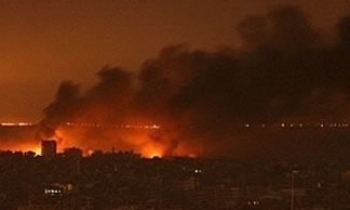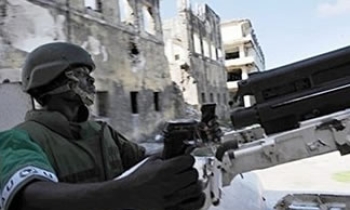The preparation of a draft Broadcast Services Regulation Bill, 2006, should occasion no surprise. It has been a long time coming. Broadcasting in India has been subject to executive guidelines rather than any comprehensive statutory regulations ever since cable and satellite television were permitted in the early 1990s. A Supreme Court judgment in 1995 formally decreed that the airwaves were public property and not a government monopoly. This led to the creation of Prasar Bharati, as a public service broadcaster, somewhat untidily put together, and the appearance of an number of private broadcast channels, Indian and foreign, distributed through cable networks.
The Broadcast Bill, introduced in 1997 and the more recent Convergence Bill, to license private channels, could not be enacted. Licensing was vested in the Telecom Regulatory Authority of India as an additional charge. Problems and complaints were left to be sorted out by the I&B Ministry which gave ad hoc rulings, swayed by political exigencies of the day.
The new Bill codifies a framework of guidelines and sets up a Broadcasting Regulatory Authority of India (BRAI) with both a licensing and oversight function covering terrestrial as well as satellite services and cable networks, including DTH, conditional access systems, emerging digital/computer modes and community radio. Licensing is mandatory. Regulations are prescribed to prevent national or local cross-media concentration above 20 per cent with regard to equity and 15 per cent in terms of ownership of channels and cable networks/subscribers.
All channels are mandated to a minimum weekly public service/socially relevant broadcast obligation (10 per cent each of weekly content and commercial time), subject to a penalty, and a minimum 15 per cent local content. These are healthy principles and can be fine-tuned. Programme and advertising content and standards are important. But complaints about undesirable content, should not push moral policing too far, given appropriate time slotting for different categories of programmes and audiences such as children.
The Bill proposes, after due consultation with stakeholders, to lay down norms and provide for a self-regulatory mechanism to ensure observance of a liberal Content Code. Responsibility for monitoring this regime and hearing complaints will lie first with the broadcast organisations, with two higher tiers yet in the process of formulation, with appeals lying with the Film Certification Appellate Tribunal set up under the Cinematograph Act, to bring content violations by broadcast and film sectors on par. The work is in progress.
Alarm has been expressed at the reserve powers vested in the authorities. BRAI may refuse to register a channel or cancel its registration, after due hearing, if its content “is likely to threaten the security and integrity of the State or threaten peace and harmony or public order in the whole or part of the country” or if the name or logo or symbol of the channel is in any way obscene, similar to that of a terrorist organisation or the brand or symbol of any prohibited product, or similar to that of any well-known foreign channel. This is too sweeping. The phrase “likely to threaten” could permit subjective or vindictive judgements to prevail without redress other than petitioning the Supreme Court for exceeding “reasonable restrictions” as permitted under Article 19(2) of the Constitution.
The government may also “in the event of war or a natural calamity of national magnitude” take over control or management of any broadcast service or facility, suspend its operation or entrust its management to Prasar Bharati for such time as it thinks fit in the public interest. Content providers would normally rise to the occasion in such circumstances.
It is only if they fail to do so, or refuse to comply with any directive under the reserve powers set out in Section 5(2) of the Bill that a take- over should be contemplated. The first step should therefore be to call upon content providers to desist from broadcasting anything deemed prejudicial to friendly relations with foreign states, public order, communal harmony or security of the State or to direct them “to transmit such announcements in such manner as may be considered necessary”, as also provided for the in the Prasar Bharati Act.
It would be draconian to permit “authorised officers” of undefined status under Sections 23 and 24 to inspect, search and seize the equipment of service providers on grounds of actual or likely infringement of the licensing rules or directives. City TV cable operators have shown live riots in Gujarat in 2002 or may otherwise transmit pornographic material or be guilty of other offences. But due process must be observed. Loss of freedom is as great a national evil as abuse of freedom.









